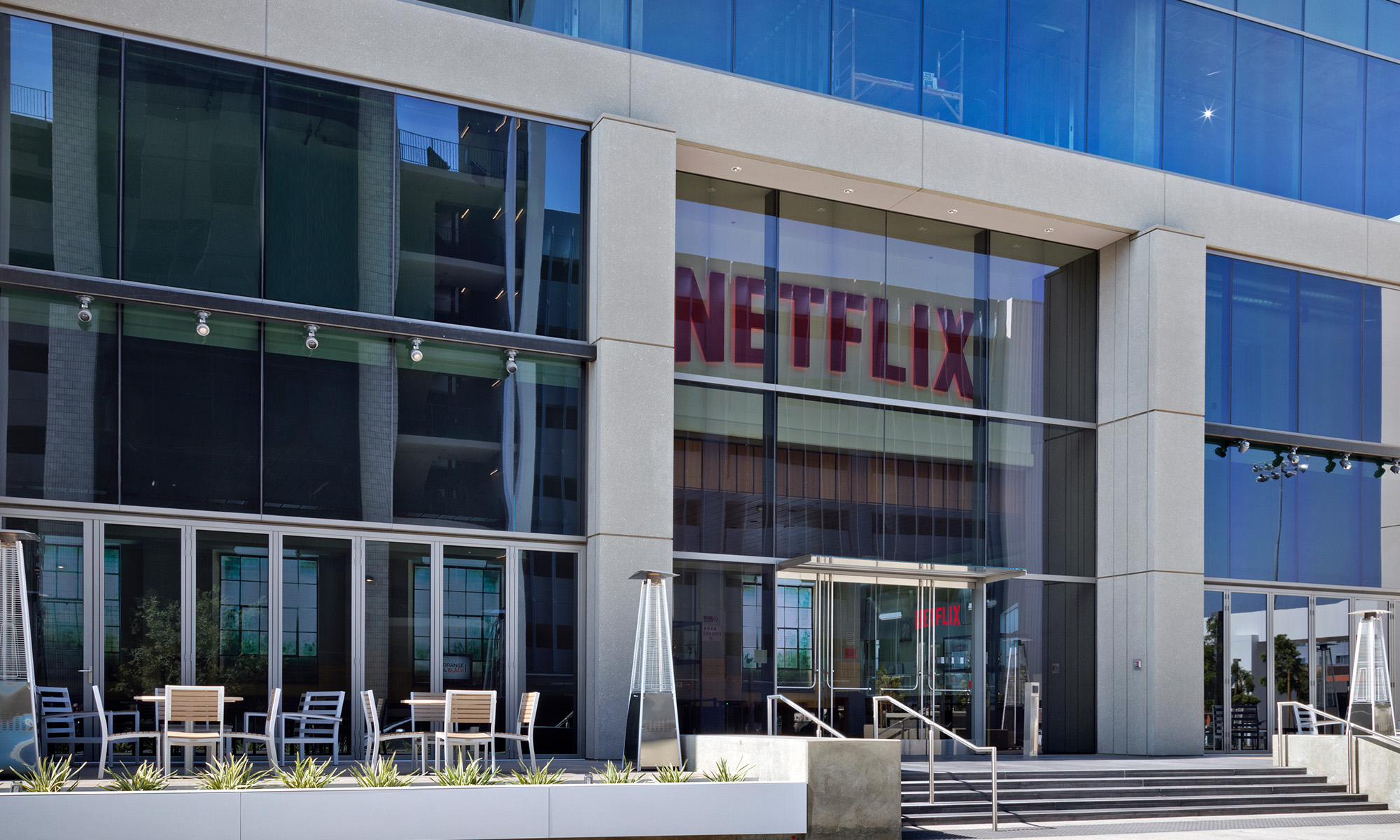
Image source: Netflix.
Netflix (NFLX 0.22%) investors want to know when the company can start selling video services in China. The sooner, the better -- China is the second-largest economy in the world today, with nearly 1.4 billion consumers and more than 360 million broadband subscribers. Getting an early foot in that enormous door could be a game-changer.
What if I told you Netflix already streams videos in China? Not all of it, but in a couple of important hot spots. Could these early entries make a difference to Netflix's strategy in mainland China?
Netflix in China? Now? You gotta be kidding!
I'm talking about Taiwan, Hong Kong, and Macau. All three of these territories operate under the wing of the Chinese government, and Netflix offers streaming services there today. And if you're looking to start a fight, you can walk into a bar in any of these places and claim that you're drinking in China -- and that you aren't. Either statement should work, since there are fierce supporters on both sides.
According to the unofficial Netflix online Global Search service, Netflix offers nearly 800 movies and 300 TV shows in each of these territories. It's not an overly impressive haul, ranking below low-key markets such as Greenland, Antarctica, and Vatican City. The catalogs also stand far behind nearby Japan's 2,850 titles, not to mention the 5,250 movies and shows Netflix streams in the domestic market.
Still, it's a start. I mean, Chinese consumers with friends and family in Hong Kong or Taiwan could cross those familiar borders and get hooked on Netflix services. Grassroots pressure from these users might not make much of a difference unless a few high-placed Chinese politicians are among them. Or, why not sign up for a Netflix account in Hong Kong or Macau, then connect to that service across the Great Firewall?
A complex political tapestry
Sadly, it's not that easy.
Sure, plenty of people cross the Hong Kong border very often -- some on a daily basis, even. This special administrative region of China is a thriving cultural and economic hub -- and a relatively easy two-hour drive from tech manufacturing center Shenzhen. Just across the Zhujiang River, you'll find casino paradise Macau. That's officially another special administrative region of China, with Portuguese roots rather than Hong Kong's British background.
Taiwan is far larger than the other two special cases and even more difficult to pin down. The island is technically under Chinese rule, but there's also a local government in place. In a recent poll, 5% of Taiwanese adults wanted to unify the island with mainland China, while 19% would have preferred complete independence. The remaining 64% were satisfied with the unresolved tension between these extremes.
The political balance is precarious, especially in Taiwan. Altogether, I'm talking about roughly 30 million people in a seemingly permanent limbo between independence and full-blown Chinese citizenship. They are separate enough to keep their own unique currencies, and crossing the borders to or from China adds a stamp to your passport.
Crucially, China does not hold absolute power over any of these in-betweeners. The Chinese government keeps an iron thumb on media broadcasting in the country, with heavy censorship and tight controls on who can do business in that sector. Those rules do not apply in Taiwan, Macau, or Hong Kong.
Broadcasters sometimes self-censor their own materials to Chinese standards, especially if they also do business on the mainland, but that's not an official policy and is entirely voluntary. Thus, starting a movie service in Macau or Taiwan is a million miles away from doing the same thing in Beijing or Shanghai.
Netflix's Chinese options
In order to open up the Chinese market, Netflix must either change the Middle Kingdom's media laws, or find a local partner that already runs a media service under the current rules.
The first route looks incredibly difficult. Other western media giants have already been blocked or forced out by China's strict media and business regimes.

This Hindi/English drama might be one of the ways Netflix expands aggressively overseas. Image source: Netflix.
Even the middle ground seems tough. China is cracking down on technical measures to get around its internet restrictions, which also makes it harder to access services with geographical limitations -- such as Netflix video streams. In other words, jumping over the Great Firewall to a Netflix account in Taiwan or Macau is more difficult than ever before.
So, Netflix is left exploring partnerships with China-based media and internet services. The end result will most likely be a heavily censored Netflix catalog in China, and the company will share the local profits with its chosen ally. Together, these two (or more) companies will weave their way through labyrinthine laws and regulations, probably sparking a few scandals along the way.
The road into China is not easy, even with a foothold in several Chinese outposts. In the meantime, Netflix investors should keep an eye on developments among India's rising middle class and 151 million broadband users. The company already runs streaming services there and is already producing an original show in Mumbai.






